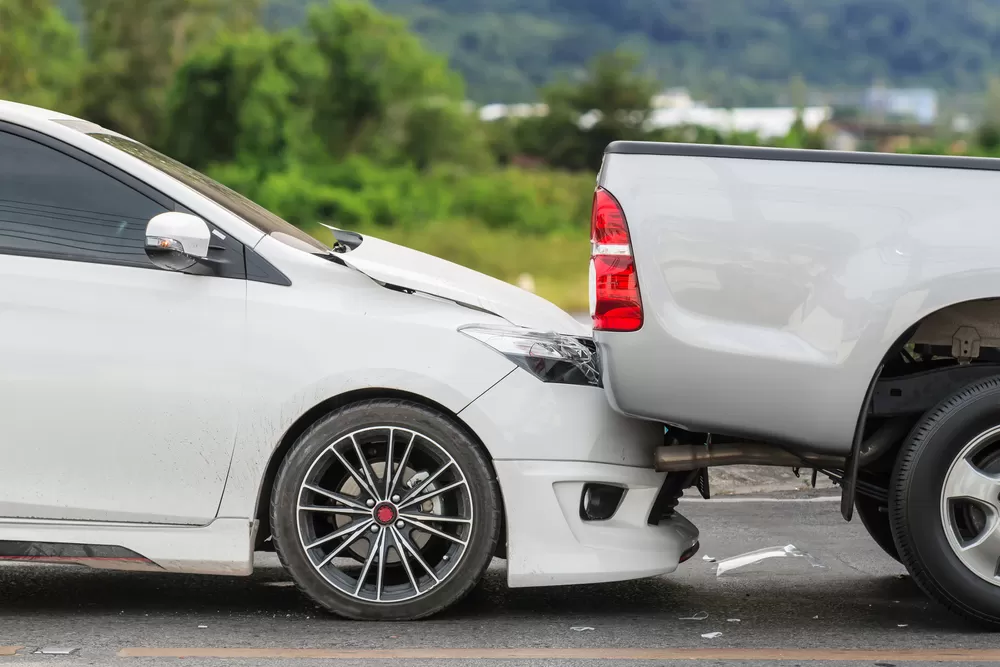Autonomous cars are at the forefront of technological innovation, promising safer roads and increased convenience. However, with this innovation come pressing questions about their safety and legality. Are autonomous cars safe to share the road with? Are they even legal in Washington, D.C., Maryland, or Virginia? This article provides an overview of what makes a car autonomous, examines its safety and legal implications, and offers guidance for individuals who may have been involved in an accident with an autonomous vehicle.
What is an Autonomous Car?
An autonomous car, also known as a self-driving car, is a vehicle capable of navigating and operating without direct human control. These cars use advanced technologies such as sensors, cameras, GPS, and artificial intelligence to assess their surroundings and make driving decisions.
Autonomous cars are categorized by levels of autonomy, ranging from Level 0 to Level 5:
- Level 0: No automation; the driver controls everything.
- Level 1: Basic assistance, such as cruise control or lane-keeping assist.
- Level 2: Partial automation where the car can handle steering and acceleration, but the driver must remain attentive.
- Level 3: Conditional automation, allowing the car to drive itself under specific conditions, but a driver must be ready to intervene.
- Level 4: High automation; the car can operate independently in most conditions but may still require a driver in certain scenarios.
- Level 5: Full automation; no driver is necessary, and the car can handle all driving tasks in any environment.
To be classified as autonomous, a vehicle must have advanced functionality that allows it to make independent driving decisions, typically falling under Levels 3–5.
Are Autonomous Cars Safe?
The safety of autonomous cars is one of the most debated topics for this level of innovation in motor vehicles.. While autonomous cars aim to reduce human error—a leading cause of accidents—safety concerns remain, especially when autonomous vehicles share the road with human drivers.
Potential Safety Advantages:
- Reduction in Human Error: Autonomous cars are programmed to follow traffic rules and avoid common driving mistakes such as distracted or impaired driving.
- Advanced Sensors: These vehicles use cameras, radar, and LIDAR to detect obstacles and react faster than a human could.
- Improved Traffic Flow: Autonomous cars can communicate with each other, reducing congestion and preventing accidents caused by abrupt stops or slow responses.
Safety Concerns:
- Software and Sensor Limitations: An autonomous car may fail to detect certain obstacles, particularly in poor weather conditions or complex urban environments.
- Human-Autonomous Interaction: Miscommunication between human drivers and autonomous vehicles can lead to collisions.
- Hacking Risks: Like any technology, autonomous cars are vulnerable to cyberattacks that could compromise their operation.
What Benefits May Manufacturers or Consumers Find When Utilizing an Autonomous Car?
Autonomous vehicles provide a range of benefits that appeal to both manufacturers and consumers:
- For Manufacturers:
- Innovation enhances their competitive edge in the automotive market.
- Data collected by autonomous cars can improve future vehicle designs and traffic management systems.
- Lower accident rates could reduce liability risks.
- For Consumers:
- Convenience: Autonomous cars offer hands-free operation, allowing passengers to focus on other tasks.
- Accessibility: They provide mobility solutions for individuals unable to drive, such as elderly or disabled persons.
- Fuel Efficiency: Many autonomous vehicles are designed to optimize fuel consumption, saving money for drivers.
While the benefits are clear, the question of legality remains crucial in the conversation.
Are Autonomous Cars Legal?
The legality of autonomous vehicles depends on the level of autonomy and the specific state laws. In Washington, D.C., Maryland, and Virginia, regulations for autonomous cars are still evolving:
- Washington, D.C.: D.C. has legislation permitting autonomous vehicles under specific conditions. However, the vehicle must have a licensed driver who can take control if necessary.
- Maryland: Autonomous vehicles are allowed for testing purposes, provided the manufacturer obtains proper authorization and the car has safety features.
- Virginia: Virginia has taken steps to accommodate autonomous vehicles for testing and limited use but requires compliance with safety standards and driver readiness to intervene.
Currently, no state in the region allows full Level 5 autonomy, meaning a human driver must still be present to take control in emergencies. Consumers and manufacturers should stay updated on the evolving legal landscape as more legislation is introduced.
Reporting on a Crash that Involved an Autonomous Car
If you’ve been involved in an accident involving an autonomous vehicle, it’s important to act quickly to protect your rights. Here are the steps to follow:
- Call Emergency Services: Report the crash to local authorities and ensure everyone involved receives medical attention if needed.
- Document the Scene: Take pictures or videos of the accident, including vehicle damage, road conditions, and any visible injuries.
- Exchange Information: Obtain contact and insurance information from the autonomous vehicle operator or manufacturer, as liability may differ from traditional car accidents.
- File a Police Report: Provide an accurate account of the accident, including any observations about the autonomous vehicle’s behavior before the crash.
- Contact a Lawyer: Autonomous car accidents involve unique legal challenges. Reach out to a personal injury attorney to understand your rights and potential compensation.
Call to Action: Protect Your Rights After an Autonomous Vehicle Accident
Were you involved in an accident caused by an autonomous car? At Koonz McKenney Johnson & DePaolis LLP, our experienced personal injury attorneys are here to help. Autonomous car accidents can be complex, with liability often involving manufacturers and software providers. Let us guide you through the legal process to ensure your rights are protected.
Contact us today for a free consultation and let us help you pursue the compensation you deserve.

